Participate in science
Do you want to do something for the planet? The Museum opens the way for you to join in with its commitment. Explore our citizen science programs. There's sure to be one for you!
Observe fauna and flora
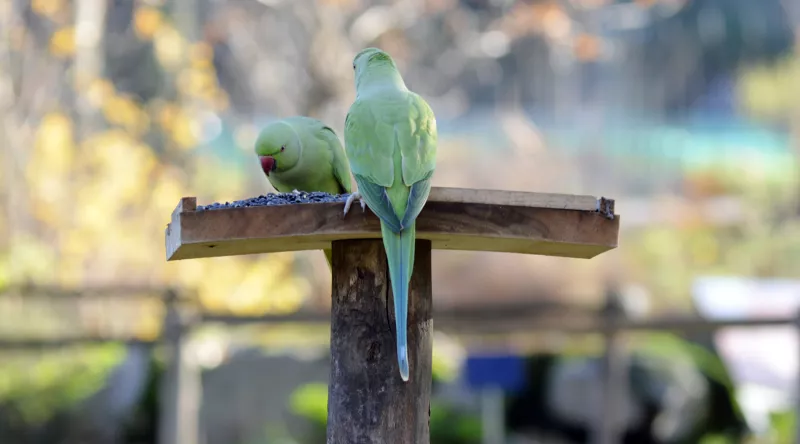
People of all ages may take up birdwatching as a hobby, whether in the countryside or in the city, on their own or in a group. The...
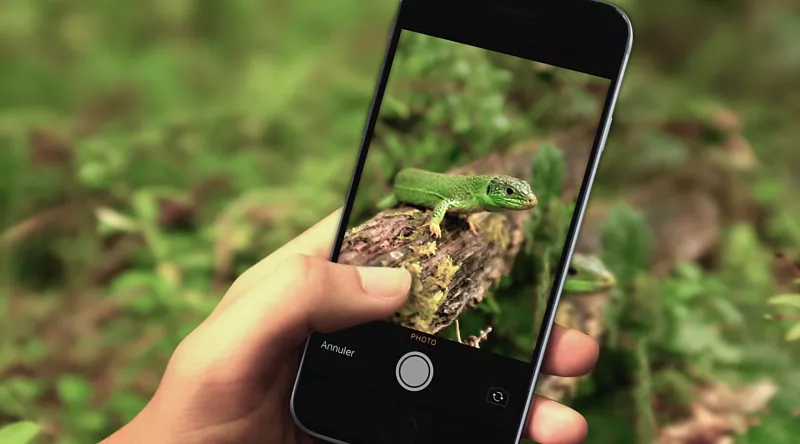
Insects, butterflies, crustaceans, wild flowers, etc.: the INPN Species mobile application allows you to discover the species that...

If you enjoy birdwatching, make good use of your enthusiasm to help naturalists understand how bird populations are changing...
-(c)-william-perrin.jpg9d1b.webp)
What exactly do we know about soils? The answer is not much...and yet it is a living system, with very delicate rules of operation...
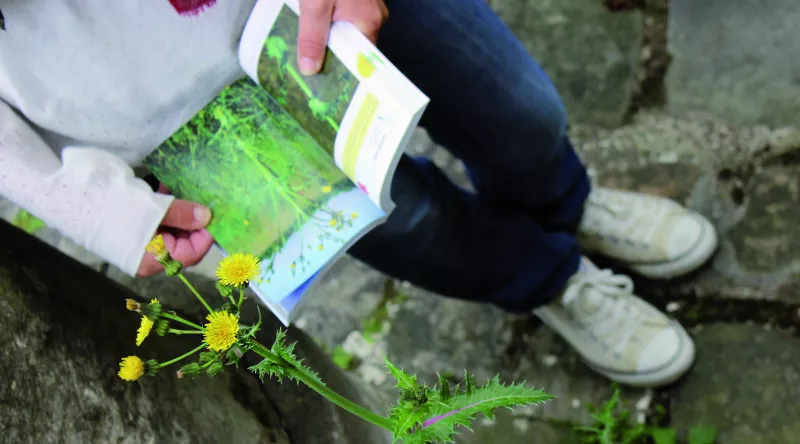
Cities are known to condense growing populations into limited areas, but are also home to a particular flora. If you live in the...
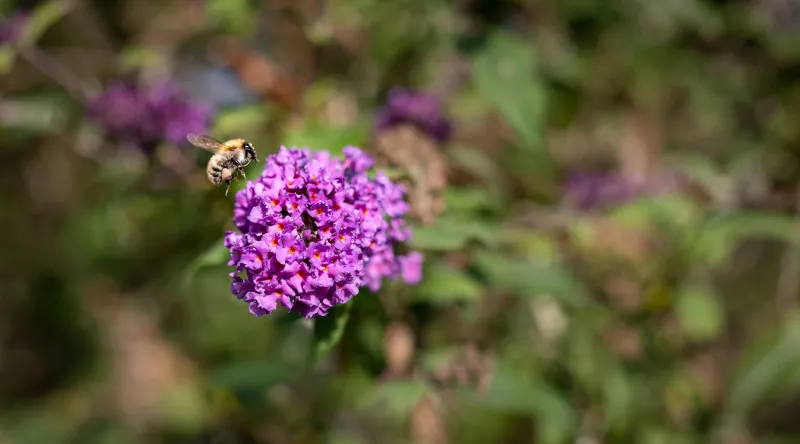
Does the ballet of insects collecting nectar and pollen hold you spellbound? Did you know they enable the sexual reproduction of...
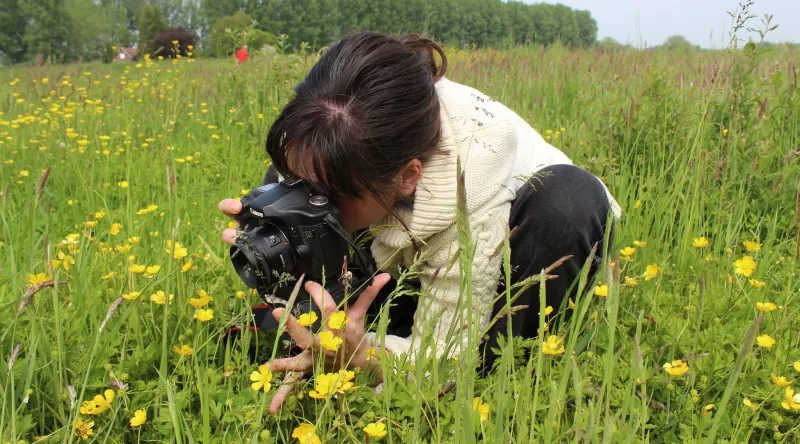
Are you patient and observant? Are you a nature lover who wants to help science? The citizen science program SPIPOLL (Photographic...
Explore the marine environment
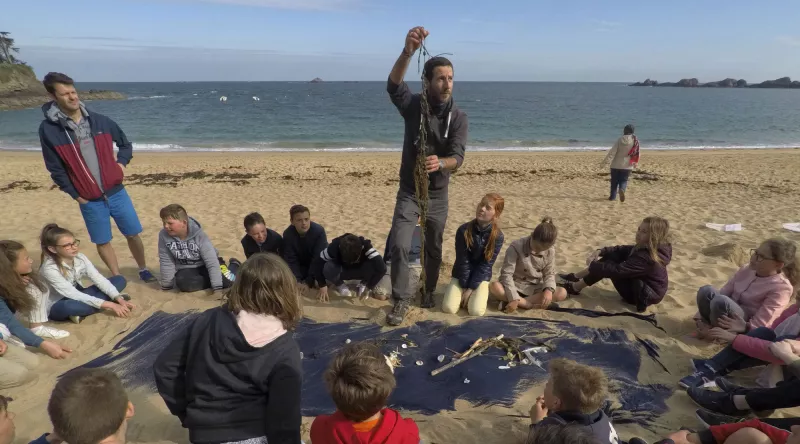
When it comes to monitoring the health of the French coast and its 3,800 kilometres of coastline, nothing beats the BioLit citizen...
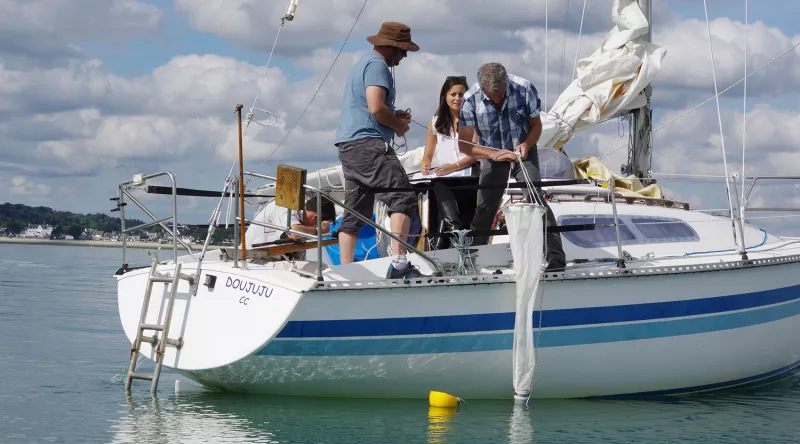
The ocean is home to a multitude of organisms that ebb and flow with the currents. Although most of them are invisible to the...
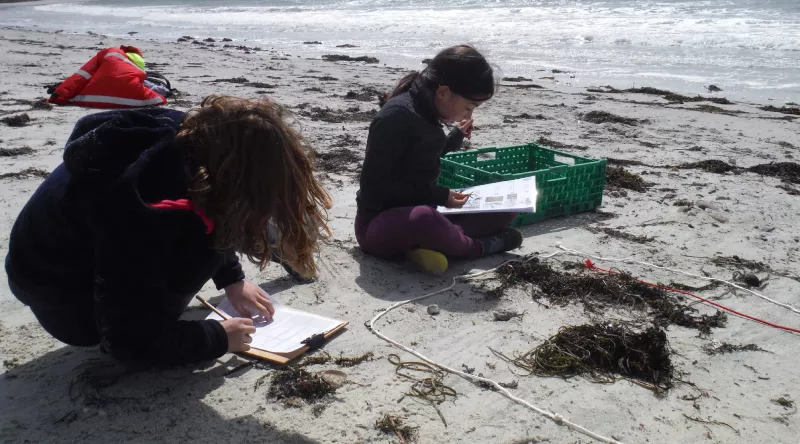
The wrack line, made up of debris of plant and animal origin, contributes to the natural balance of the shoreline. As part of the...
Deciphering nature and the sky
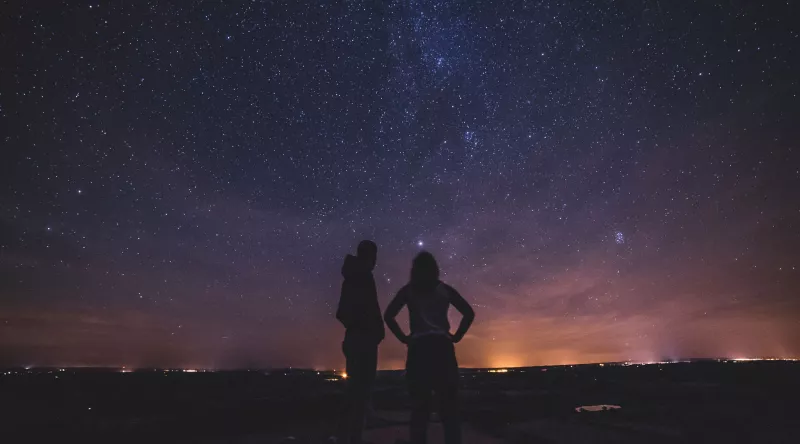
Do you like to observe the stars? Then the Sky vigil (Vigie-ciel) citizen science program is for you! Report a shooting star, hunt...
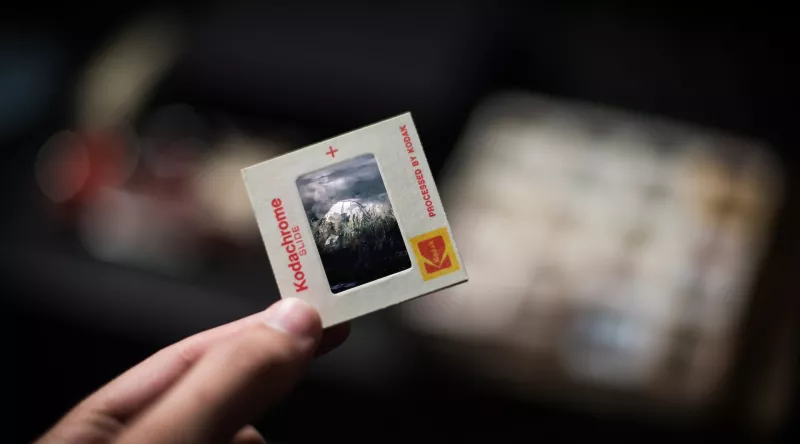
Environmental changes are the subject of vast research efforts. They are also perceptible by the general public, whose findings...
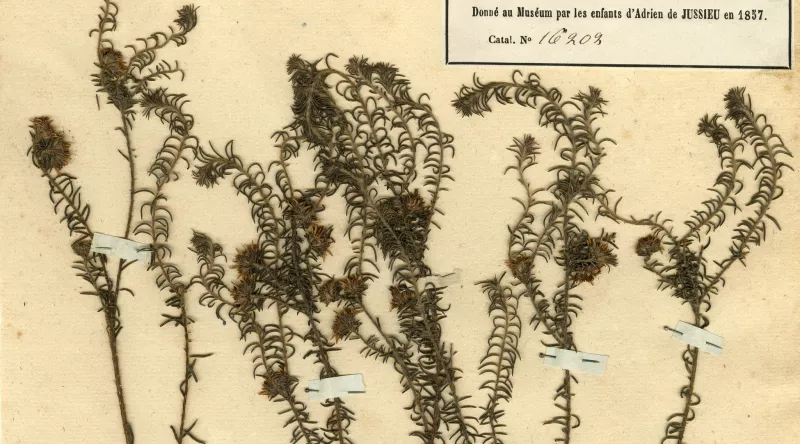
Are you curious and wanting to take part in a fun and collaborative investigation? The Herbonauts program is waiting to hear from...
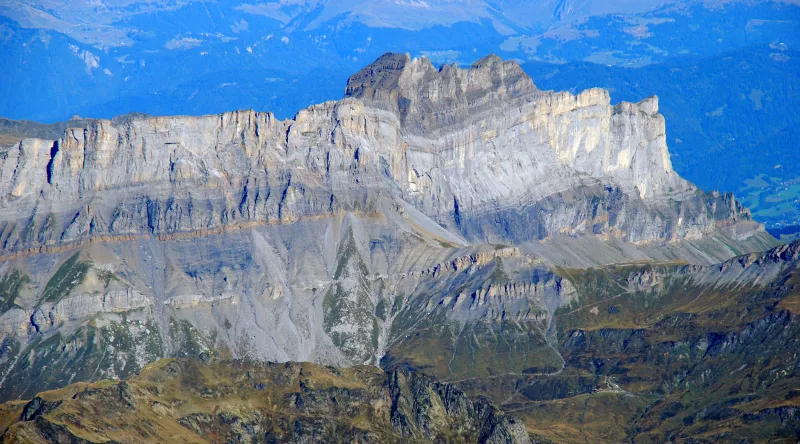
Did you know? In France, rocks and the landscapes they form tell the story of the planet over a period of nearly 2.2 billion years...
Are you a naturalist, farmer or green space manager? Find out more about these citizen science programs aimed at a more specific community.
Our partners
The Museum's participatory science programs are co-developed and implemented with many partners: associations, centers of scientific and technical culture, learned societies, local councils, etc. This cooperation is essential to ensure that the activities are as close as possible to the participants. It also allows the protocols and research questions to be co-constructed in the light of everyone's experience.
All programs
To find a program or an observatory by name, location, theme, project type or participant profile, go to science-ensemble.org. This portal, which connects the Museum with other research establishments from the Sorbonne University Alliance, tells you everything about citizen science and allows you to register online.
What is citizen science?
If you enjoy observing nature, collecting your findings can be very useful for research. Let’s look at why citizen science is important…
Collecting reliable data in large quantities is sometimes impossible for researchers, unless the general public lends them a hand by taking action as volunteers. So, why not you? Using simple yet strict protocols, you can help them in many fields: biodiversity, astronomy, geology, archaeology, heritage, etc. And you don't have to be an expert to take part: the programs are designed so that everyone can contribute to the research, even without any prior knowledge or experience.
In the footsteps of naturalists
Contribution to scientific research by the general public is nothing new. As early as 1860, the administration of the "Muséum impérial d’Histoire naturelle" (Imperial Museum of Natural History) drew up instructions for travellers and expatriates on how to collect, conserve and send natural history objects. The Museum is thus party to a long tradition of collaboration with non-scientific-professional audiences. In the past, amateur adventurers, enlightened globetrotters, soldiers, doctors and clergymen implemented collection protocols to enrich the collections. Today, it's up to you!
Overseas
80 % of France’s biodiversity is to be found in the overseas territories! Coral reefs, rainforests, mangroves, etc.: Overseas ecosystems are home to many unique species.
To find out about citizen science programs in the French overseas territories and what you can do to limit your impact on biodiversity, visit the Overseas Biodiversity Counter website.
You will also find a number of resources to help you explore the wealth of species and environments found in the overseas territories, sourced from statistical information from national databases validated by experts, as well as the experiences of those working to better understand and preserve this exceptional biodiversity.